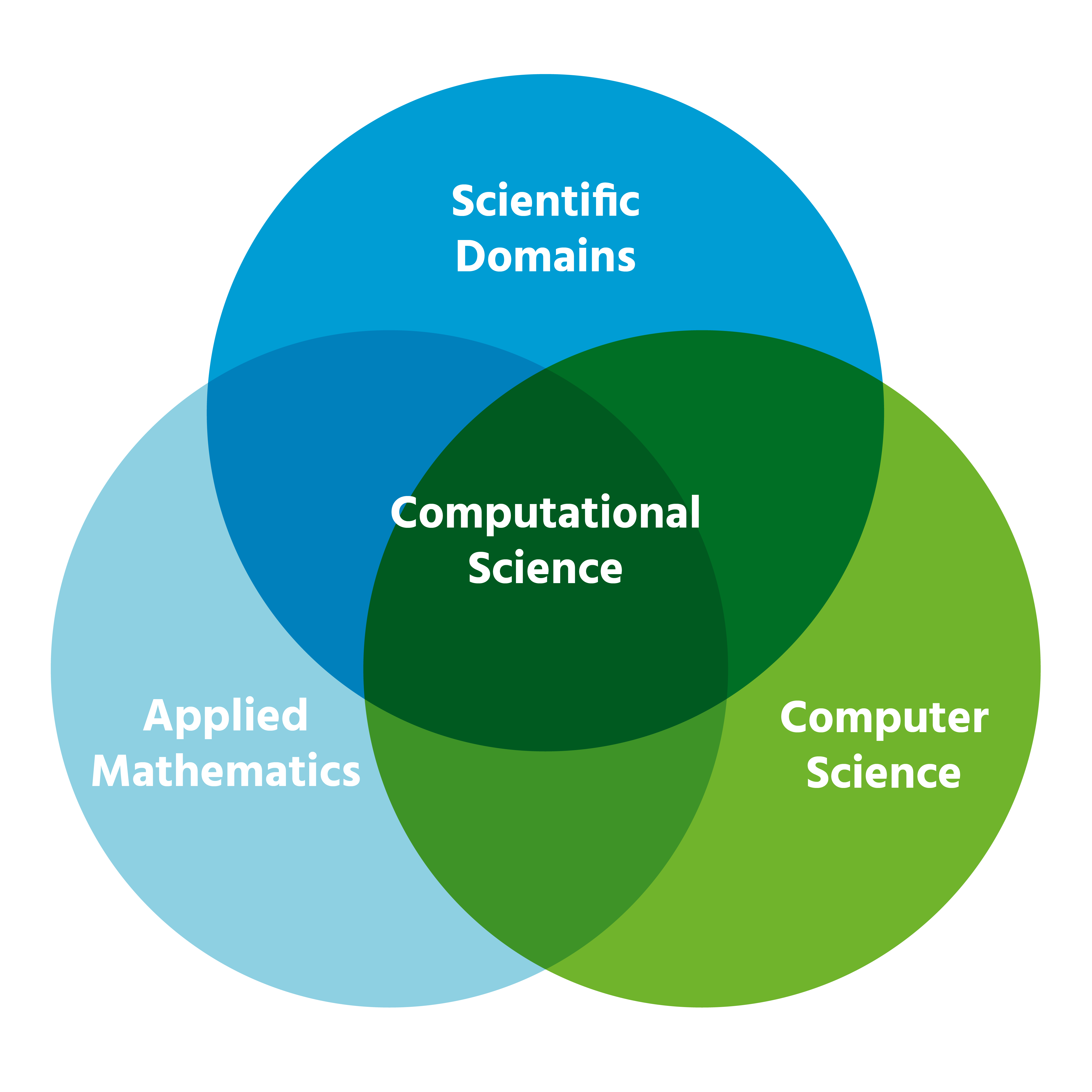What Happens If the Department of Education Is Dismantled? Exploring the Impact, Consequences, and Next Steps
Understanding the Role of the Department of Education
The U.S. Department of Education (ED) plays a foundational role in shaping the nation’s educational landscape. It provides federal funding to states and schools, enforces civil rights protections, ensures access for students with disabilities, and sets policies that help guarantee quality and equity in education. For millions of Americans-from young children in Head Start programs to college students seeking financial aid-its presence is a vital support system. With growing debates and legislative efforts aimed at dismantling or defunding the Department, understanding the practical consequences is more important than ever [3] [4] .
Immediate Consequences of Eliminating the Department
If the Department of Education were dismantled, the first and most visible impact would be the loss or severe reduction of federal funding for states and local school districts. Currently, federal dollars support:
- Title I programs , which help 26 million K-12 students in low-income communities
- Individuals with Disabilities Education Act (IDEA) , supporting 7.5 million students with disabilities
- Career and technical education for over 12 million students
- Federal student loans and Pell Grants for nearly 43 million college students
Without this funding, states and local districts would need to fill large budget gaps, likely resulting in increased local taxes, program cuts, and greater inequity between wealthy and under-resourced communities [4] . For many families, especially those in disadvantaged areas, these changes could mean fewer educational opportunities and diminished support services.
Impact on Students with Disabilities
Students with disabilities would be among the most severely affected groups. The Department of Education enforces the IDEA, which mandates individualized education plans (IEPs) and provides funding and oversight for special education services. If oversight moves to other federal agencies or states, there is a risk of weakened accountability and enforcement. Potential outcomes include:
- Fewer trained special education teachers
- Less inclusive classrooms and more restrictive placements
- Delays or denials in evaluations and services
- Parents paying out-of-pocket for interventions
Without the Department’s enforcement and funding, 7.5 million students with disabilities may lose vital services and protections. Families might struggle to challenge delays or denials of required supports, and inclusive educational settings could become rarer [1] [5] .
Protections Against Discrimination and Civil Rights Enforcement
The Department’s Office for Civil Rights investigates and enforces federal laws that prohibit discrimination based on race, color, national origin, sex, disability, and age in educational institutions. Without a dedicated agency focused on these protections, students could become more vulnerable to discrimination. If enforcement is shifted to agencies like the Department of Justice, there is concern that education-specific expertise and proactive oversight would be lost, leaving many cases unaddressed or insufficiently resolved [3] .
To seek redress for discrimination in a post-ED environment, students and families may need to:

Source: fity.club
- File complaints directly with the Department of Justice or state civil rights offices
- Consult advocacy organizations such as the National Disability Rights Network
- Engage legal counsel for pursuing remedies under federal and state law
It is important to search for local resources and advocacy groups using terms such as “education civil rights advocacy” or “state education ombudsman.” Contact your state’s department of education for updated procedures.
Teacher and Staff Reductions, Larger Class Sizes
Nearly 420,000 teaching and support staff jobs could be lost if federal support is withdrawn. This would result in larger class sizes, less individual attention for students, and a diminished ability to meet diverse learning needs. Teacher shortages-already a national concern-would likely worsen as states and districts struggle to recruit, train, and retain qualified educators without federal funds [4] .
For those seeking teaching jobs or professional support in such a scenario, you may need to:

Source: edtrust.org
- Contact your state education agency for regional opportunities
- Explore private and nonprofit educational organizations
- Monitor local school district websites for job postings and hiring updates
Use search terms like “state teacher job board” or “local school hiring” for the most current listings.
Postsecondary Education: Financial Aid and Student Loans
The Department of Education administers federal student aid through programs like FAFSA, Pell Grants, and federal student loans. If these functions are dismantled or transferred to other agencies, access to financial aid could become more complicated or less reliable. Students might face delays, increased confusion, and fewer resources for resolving disputes about aid or loan servicing [2] .
To seek financial aid in this environment, students should:
- Monitor the official Federal Student Aid website for updates and instructions
- Contact their college’s financial aid office for alternative support options
- Search for state scholarships and grant programs using keywords such as “state student aid” or “college scholarships in [your state]”
If you are currently repaying federal student loans, stay in regular communication with your loan servicer and watch for federal announcements regarding program changes.
Shifting Responsibilities to States and Localities
If the Department is dismantled, most responsibility for policy, oversight, and funding would shift to states and local governments. This could result in widely varying standards, resources, and protections across the country. While some states may attempt to maintain or expand programs, others could reduce support due to budget constraints.
For families and students, it will be essential to:
- Stay informed through your state and local education agency websites
- Attend school board meetings and participate in local education advocacy groups
- Request updates on state-level funding, standards, and accountability policies
Search for your state department of education using official government search engines or by contacting your governor’s office for the correct web address.
Alternative Pathways and Resources
Without federal coordination, families may need to rely more heavily on state and local programs, private organizations, and community resources. Options may include:
- Private scholarships and grants offered by charitable foundations and nonprofits
- Private school vouchers or education savings accounts in states where such programs exist
- Parent and student advocacy groups for special education and civil rights
To find these resources, use search terms like “education scholarships [your state],” “parent advocacy group special education,” or “local education nonprofit.” Contact your local United Way, public library, or community center for referrals to reputable organizations.
Action Steps: Navigating a Changing Educational System
In the event of Department of Education dismantlement, families, students, and educators should:
- Monitor state and local education agency communications for funding and policy updates
- Maintain copies of IEPs, service plans, and educational records
- Connect with local and national advocacy organizations for guidance and support
- Participate in school board and community meetings to advocate for continued support and services
- Search for legitimate resources using the official names of programs and agencies
Always verify the authenticity of organizations and programs before providing personal information or payment. For official updates, search for your state’s department of education or the U.S. Department of Education’s public statements.
References
- [1] National Disability Rights Network (2025). Fact Sheet: The Impact of Closing the Department of Education.
- [2] The Century Foundation (2025). How Gutting the U.S. Department of Education Would Hurt Students and Their Families.
- [3] National Education Association (2025). How Dismantling the Department of Education Would Harm Students.
- [4] National Education Association (2025). How Dismantling the Department of Education Would Put Our Students at Risk.
- [5] Education Law Center Pennsylvania (2025). How Dismantling the US Department of Education Would Directly Impact Students with Disabilities.
MORE FROM searchhole.com













